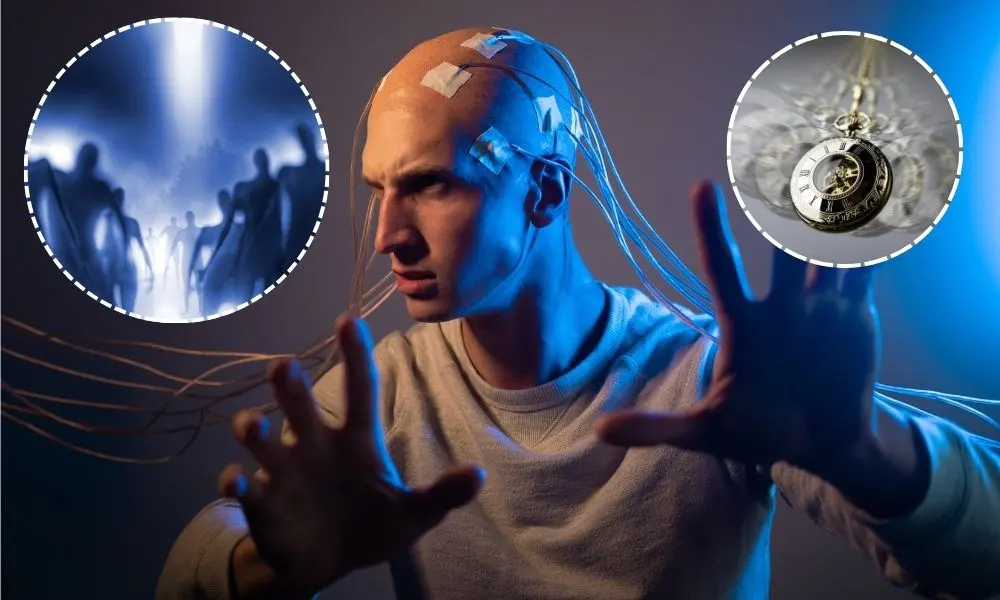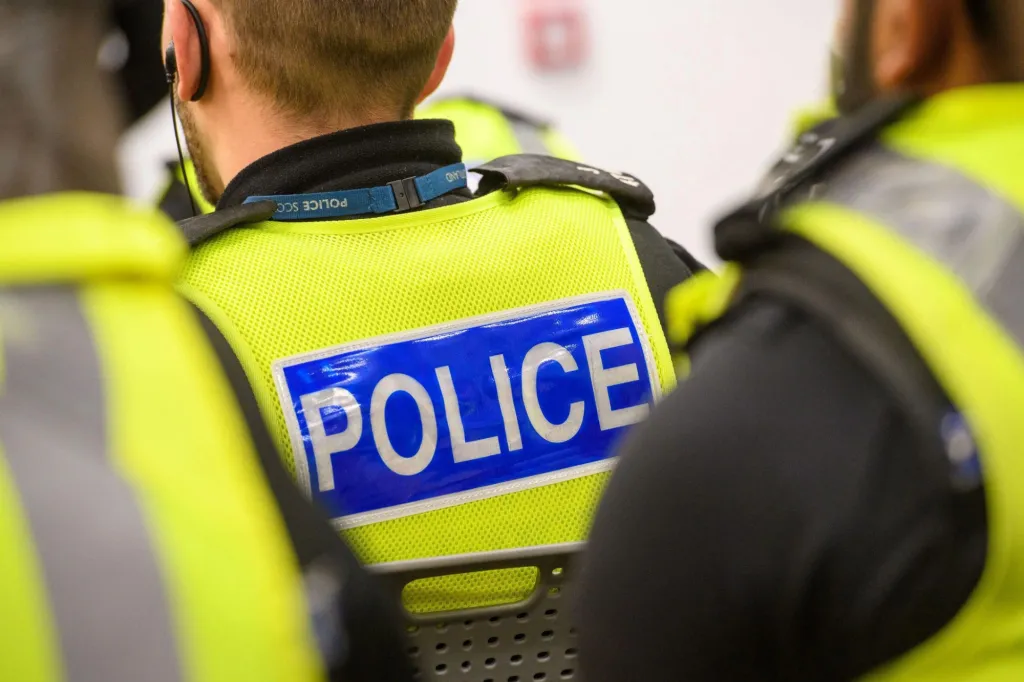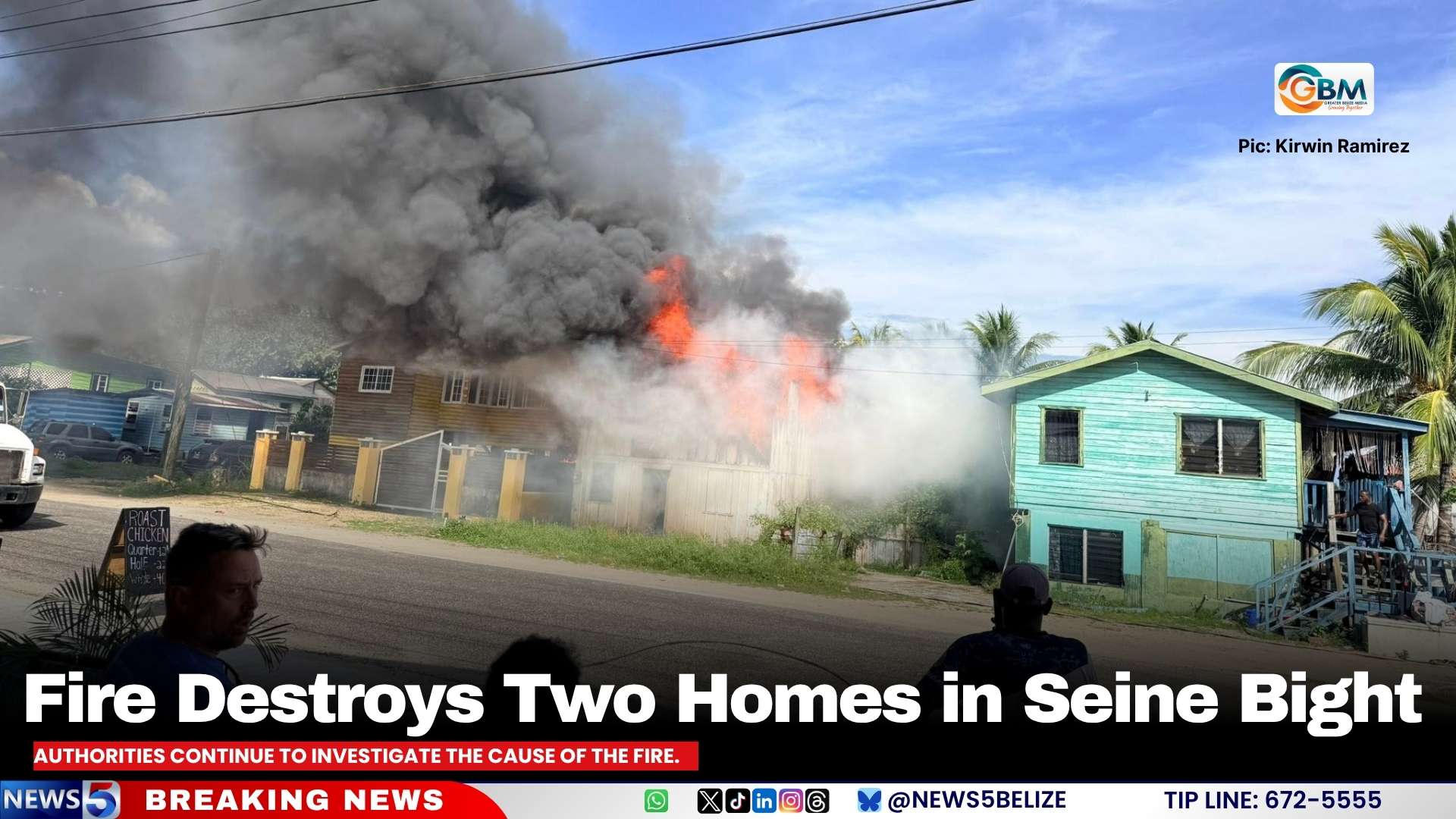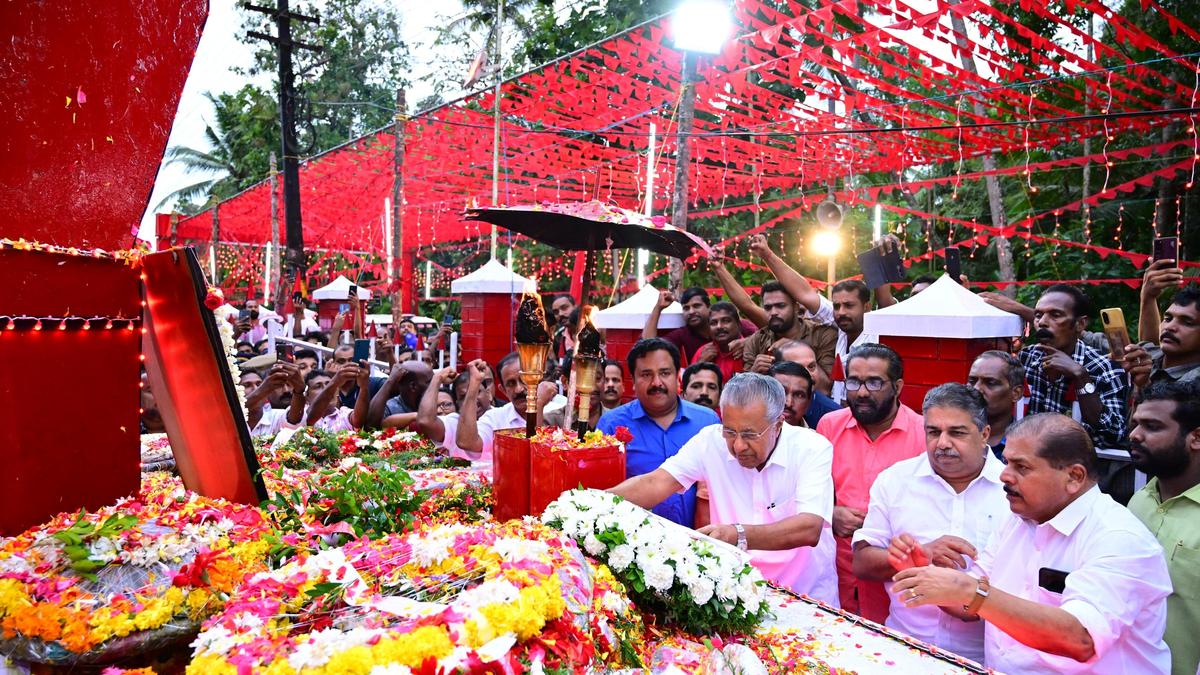Copyright scotsman

Parapsychology is the real-life study of psychic and paranormal phenomena It is often considered to be a fringe field of research - or even pseudoscience But it has its supporters, including a historic organisation in the UK Topics parapsychologists research include everything from psychic abilities to near-death experiences This time of year is a celebration of all things spooky and sinister – both the natural, and those which veer firmly into the territory of the supernatural. But the paranormal isn’t just the realm of make-believe for some, and there’s a whole field dedicated to studying it in the same rigorous way scientists research others. Parapsychology is the study of psychic and paranormal phenomena, and human experiences of them, spanning things like ESP (extrasensory perception) and telekinesis, to apparitions or near-death experiences. Its devotees may fall anywhere along the scale of scepticism from Mulder to Scully. The UK is even home to what is mooted to be one of the world’s first organisations dedicated to the discipline, dating back well over a century. But what exactly do parapsychologists research, and where do other scientists think we should draw the line between fact and fiction? Here’s everything you need to know for that Halloween trivia night: What do parapsychologists study? Although parapsychologists investigate a wide variety of otherwise unexplained experiences, a lot of their research centres around ‘psi’, a broad term used to describe psychic phenomena. There are generally two key branches of this. Extrasensory perception (ESP) involves people receiving information in some other way than the usual senses – such as through time, or via some kind of ‘sixth sense’ – while psychokinesis (PK) involves using the mind to influence the physical world without actual physical contact. Parapsychology is often considered by the mainstream scientific community to be fringe at best, and pseudoscience at worst. One major 2018 review of parapsychological research published in American Psychologist found that the evidence for psi was “comparable to that for established phenomena in psychology and other disciplines”. But other psychology experts have been quick to rebut this, arguing that psi is theoretically impossible, UK magazine The Psychologist reports. Based in London, the Society for Psychical Research (SPR) is a non-profit organisation dedicated to conduct “scholarly research into human experiences that challenge contemporary scientific models”, and was founded way back in 1882. It funds a number of projects each year, many of which result in published studies. Recent examples include research into after-death communication experiences in the funeral industry; VR video game-induced ‘psi’ experiences; out-of-body experiences in Korean shamanism – and even research into “anomalous experiences” people reported during the Covid-19 pandemic. What to keep in mind Parapsychology has its critics, and experts at Psychology Today write that their critiques often include a lack of robust evidence, inability to plausibly explain how the phenomena it investigates work, difficulty repeating findings in further research, and other concerns about the methodology – or how the studies have been carried out. One example is a major 2011 study into precognition, which saw participants appear to be able to “recall” words they hadn’t actually studied yet, but would later in the experiment. But attempts to replicate the experiment on a larger scale failed, with these researchers suggesting that the first study’s results were most likely unintended consequences of the methodology that was used. Psychology Today adds that there can be natural explanations for so-called paranormal phenomena that people see or experience – which always need to be ruled out too. These include things like confirmation bias when visiting psychics or mediums; or stress-related physiological changes in the brain or our oft-helpful evolutionary tendency to “detect” threats from ambiguous situations contributing to supposed ghost sightings. Keen to check out more of our Halloween coverage for the spooky season? Here are the origins of five scary schoolyard tales you probably remember from your childhood – and here’s one popular decoration you should remove from your garden right away to protect your local wildlife.



